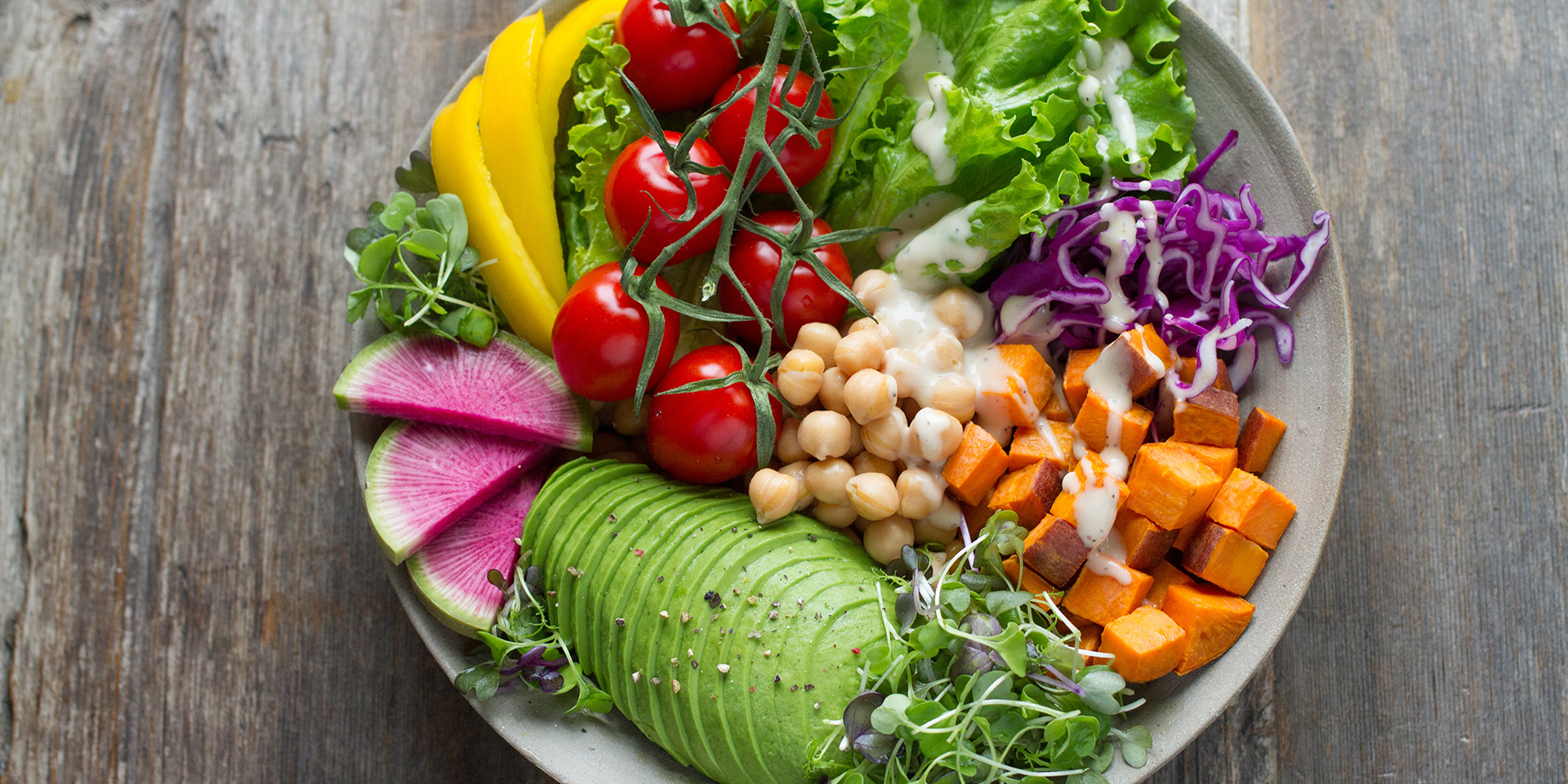Although you may not totally prevent a cold or the flu this season, a healthy immune system is one way to give your body extra protection against nasty germs and viruses. Here are tips on how to boost your immune system with nutrients that pack a punch against the common cold and flu.
TIP 1- Incorporate immune-boosting nutrients into your diet!
The following nutrients play a role in the immune system and can be found in a variety of foods. Include these into your daily diet:
• Beta Carotene is found in plant foods, such as sweet potatoes, spinach, carrots, mango, broccoli and tomatoes.
• Vitamin C rich foods include citrus fruits, berries, melons, tomatoes, bell peppers and broccoli.
• Vitamin D is found in fatty fish and eggs. Milk and 100% juices are fortified with Vitamin D as well.
• Zinc tends to be better absorbed from animal sources such as beef and seafood and is included in vegetarian sources such as wheat germ, beans, nuts and tofu.
• Probiotics are ‘good’ bacteria that promote health and is found in cultured dairy products like yogurt.
• Protein comes from both animal and plant-based sources, such as milk, yogurt, eggs, beef, chicken, seafood, nuts, seeds, beans and lentils.
TIP 2- Focus on balanced eating, sleeping and stress management!
To help keep your immune system healthy all year long, focus on a balanced eating plan, adequate sleep and stress management. Aim for five to seven servings of vegetables and fruits daily to get immune-boosting vitamins, minerals and antioxidants. Find healthy and appropriate ways to cope with stress, such as listening to music or writing. Physical activity also is a great way to help manage stress and may help reduce the risk of some chronic diseases that could weaken your immune system further. Lack of sleep contributes to a variety of health concerns, such as a weakened immune system. Seven to nine hours of sleep is recommended each day for adults.
TIP 3- Remember to wash, wash, wash!
Good hygiene and hand-washing helps prevent the spread of germs. Always wash your hands prior to preparing or consuming food. Remember to wash produce before eating or using in recipes. Clean glasses, forks, spoons and other utensils to reduce the spread and growth of bacteria.
Sybil Oswalt, RD, CSG, LDN
Clinical Dietitian
Tel Hai Retirement Community




Sybil,
Thank you so much for this article. I am always struggling to know what is best to put into my body. You hear so many different takes on things. This is very helpful and that picture is the prettiest most colorful plate of food! I have always read that a colorful is healthy and to stay away from a white blah plate!
Great information thank you! I learned a lot that will benefit me and a healthy eating plan.